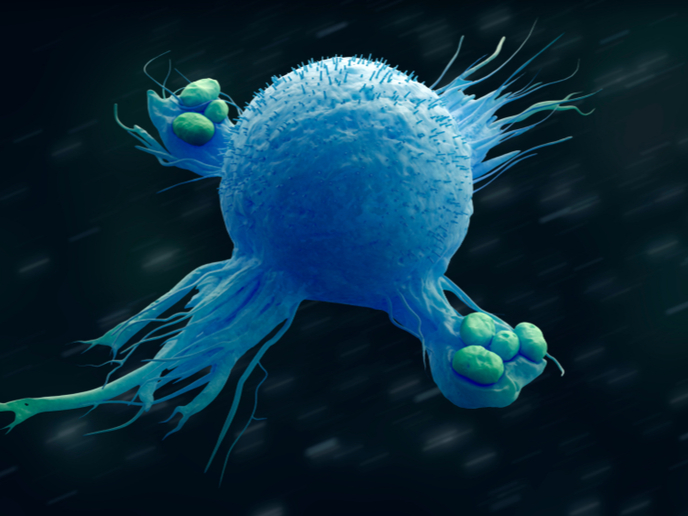Stem cells as source for toxicology assays
Pluripotent stem cells, embryonic stem (ES) cells and induced pluripotent stem (iPS) cells have the capacity to differentiate into all tissues of the body. New roles for pluripotent stem cells are emerging in regenerative medicine and in in vitro diagnostics. The goal of the EU-funded SCR&TOX(opens in new window) (Stem cells for relevant efficient extended and normalized toxicology) project was to use pluripotent cell lines for developing in vitro toxicity assays. Current methods lack in sensitivity or use animals to evaluate the toxicity and safety of various products and drugs. By using stem cells differentiated into the tissue of interest, SCR&TOX researchers attempted to overcome these shortcomings. The initial part of the SCR&TOX project was dedicated to the development of resources required for toxicity assays. Human ES cell and iPS cell lines were collected and stored at the undifferentiated stage. The technologies, including automation, were introduced in order to obtain ES and iPS cell lines optimised for application in standardised assays. Appropriate protocols were designed for differentiating pluripotent cells into derivatives of five toxicologically relevant lineages (liver, neuronal, heart, skin and muscle). SCR&TOX validated all technologies and methods required for developing efficient cell-based assays and the applicability on pluripotent stem cells derivatives. This validation included newly designed methods for functional analysis of cell responses to potential toxic substances. In the last stage, the SCR&TOX project aimed at translation of the selected cell-based assays for industrial application. Transfer of the technologies of the developed and validated assays involved their appropriation for industrial-scale operation. All standard operating procedures and protocols were adapted to the industrial platforms, with particular emphasis on miniaturisation and standardisation. Resources developed by the project enabled researchers to reproduce and quantify specific drug toxicity applied to a variety of cell phenotypes. In particular, they found that repeated toxicity doses elicited different molecular changes from those that accompany an acute response for the same dose of a toxicant. Importantly, reassessment of the myopathic toxicity of statins using project developments suggested that a cytostatic effect may cause the chronic myalgias that affect patients who take statins regularly. These results underscore the clinical relevance of the in vitro approaches developed by the SCR&TOX project.







